On Friday, June 3, S&P Global Ratings announced that it would not downgrade South Africa’s credit rating to junk, letting South Africa breathe a sigh of relief. The outlook, however, remained negative. While some experts were confident that the rating would not be cut, most continued to warn that future economic or political turmoil could spark a downgrade later this year. The South African Treasury agreed, but remained positive releasing a statement saying:
Government is aware that the next six months are critical and there is a need to step up the implementation [of measures to boost the economy] … The benefit of this decision is that South Africa is given more time to demonstrate further concrete implementation of reforms that are underway.
South Africa, whose current rating stands at BBB- (one level above junk), has been facing weak economic growth—at 1 percent—over past months. The International Monetary Fund has given a 2016 growth forecast of 0.6 percent. Many feared that a downgrade could have pushed the country into a recession. Borrowing by the government would have also become more expensive, especially as it tackles a 3.2 percent of GDP budget deficit for the 2016-2017 fiscal year.
Other credit ratings agencies also are concerned with South Africa’s economic performance. Last month, Moody’s Investors Service ranked the country two levels above junk but on review for a potential downgrade, while Fitch Ratings is reviewing its current stable outlook and BBB- rating.
For South African Finance Minister Pravin Gordhan’s thoughts on the South African economy, see the April 14 Africa Growth Initiative event,
“Building social cohesion and an inclusive economy: A conversation with South African Finance Minister Pravin Gordhan.”
Former Chadian President Hissène Habré is sentenced to life in prison by African court
This week, the Extraordinary African Chambers—located in Dakar and established in collaboration with the African Union—sentenced former Chadian President Hissène Habré to life in prison. Habré seized power in 1982, overthrowing then President Goukouni Oueddei. He fled to Senegal in 1990 after being ousted by current Chadian President Idriss Deby. After he fled to Senegal, the African Union called on Senegal to prosecute Habré. In 2013, the Extraordinary African Chamber was created with the sole aim to prosecute Habré. The Habré trial is the first trial of a former African head of state in another African country.
Habré faced a long list of charges including crimes against humanity, rape, sexual slavery, and ordering killings while in power. According to Chad’s Truth Commission, Habré’s government murdered 40,000 people during his eight-year reign. At the trial, 102 witnesses, victims, and experts testified to the horrifying nature of Habré’s rule. His reign of terror was largely enabled by Western countries, notably France and the United States. In fact, on Sunday, U.S. Secretary of State John Kerry admitted to his country’s involvement in enabling of Habré’s crimes. He was provided with weapons and money in order to assist in the fight against former Libyan leader Moammar Gadhafi. Said resources were then used against Chadian citizens.
Also this week, Simone Gbagbo, former Ivorian first lady, is being tried in Côte d’Ivoire’s highest court— la Cour d’Assises—for crimes against humanity. She also faces similar charges at the International Criminal Court though the Ivoirian authorities have not reacted to the arrest warrant issued in 2012. In March 2015, Simone Gbabgo was sentenced to 20 years in jail for undermining state security as she was found guilty of distributing arms to pro-Laurent Gbagbo militia during the 2010 post-electoral violence that left 3000 dead. Her husband is currently on trial in The Hague for the atrocities committed in the 2010 post-election period.
Despite Mozambique’s debt crisis and low global gas prices, energy company Sasol will continue its gas investment
On Monday, May 30, South African chemical and energy company Sasol Ltd announced that Mozambique’s ongoing debt crisis and continuing low global gas prices would not slow down its Mozambican gas project. The company expressed confidence in a $1.4 billion processing facility upgrade stating that the costs will be made up through future gas revenues. In explaining Sasol’s decision to increase the capacity of its facility by 8 percent, John Sichinga, senior vice president of Sasol’s exploration and production unit, stated, “There is no shortage of demand … There’s a power pool and all the countries of the region are short of power.” In addition, last week, Sasol began drilling the first of 12 new planned wells in the country.
On the other hand, on Monday The Wall Street Journal published an article examining how these low gas prices are stagnating much-hoped-for growth in East African countries like Tanzania and Mozambique as low prices prevent oil companies from truly getting started. Now, firms that flocked to promising areas of growth around these industries are downsizing or moving out, rents are dropping, and layoffs are frequent. Sasol’s Sichinga remains positive, though, emphasizing, “We are in Mozambique for the long haul. We will ride the waves, the downturns, and the upturns.”
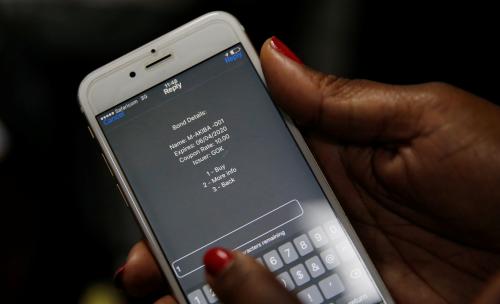
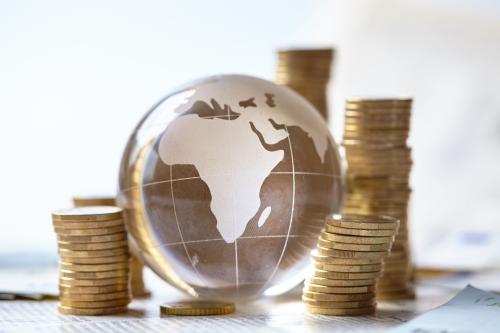
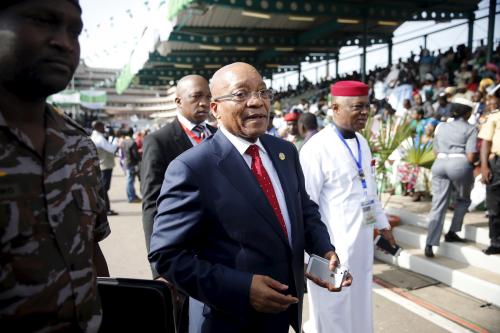

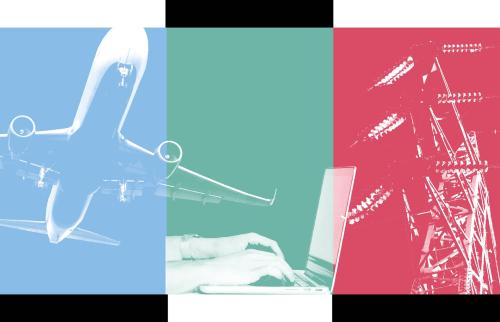
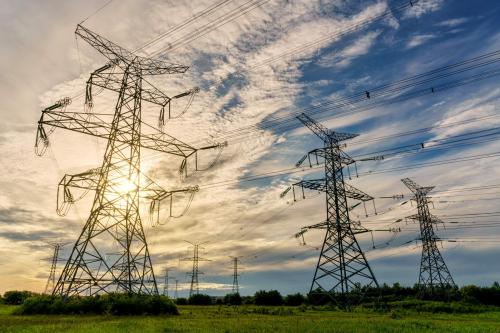
Commentary
Africa in the News: South Africa is not downgraded, Chad’s Habré is convicted, and a major Mozambique’s gas investment remains confident
June 3, 2016